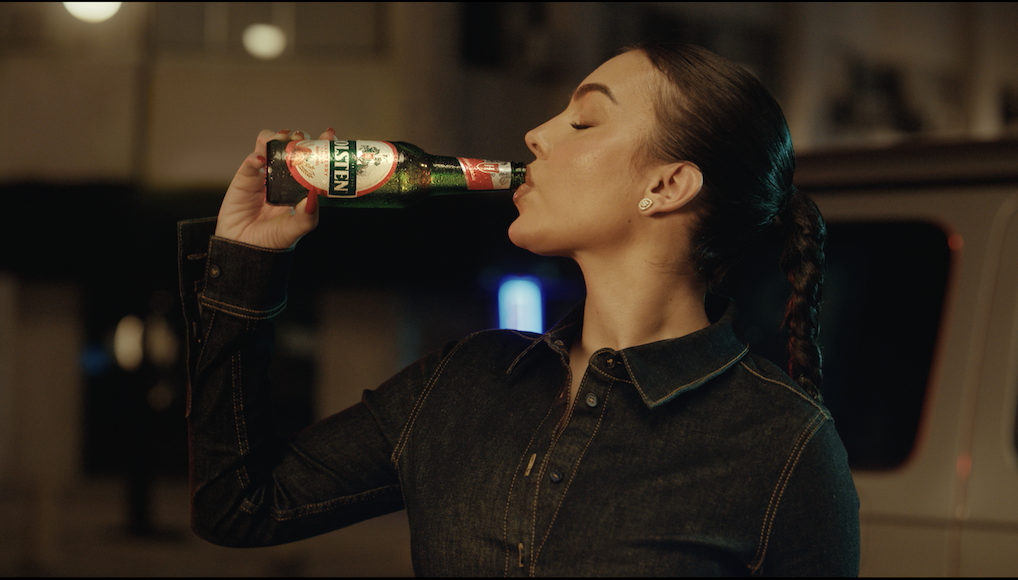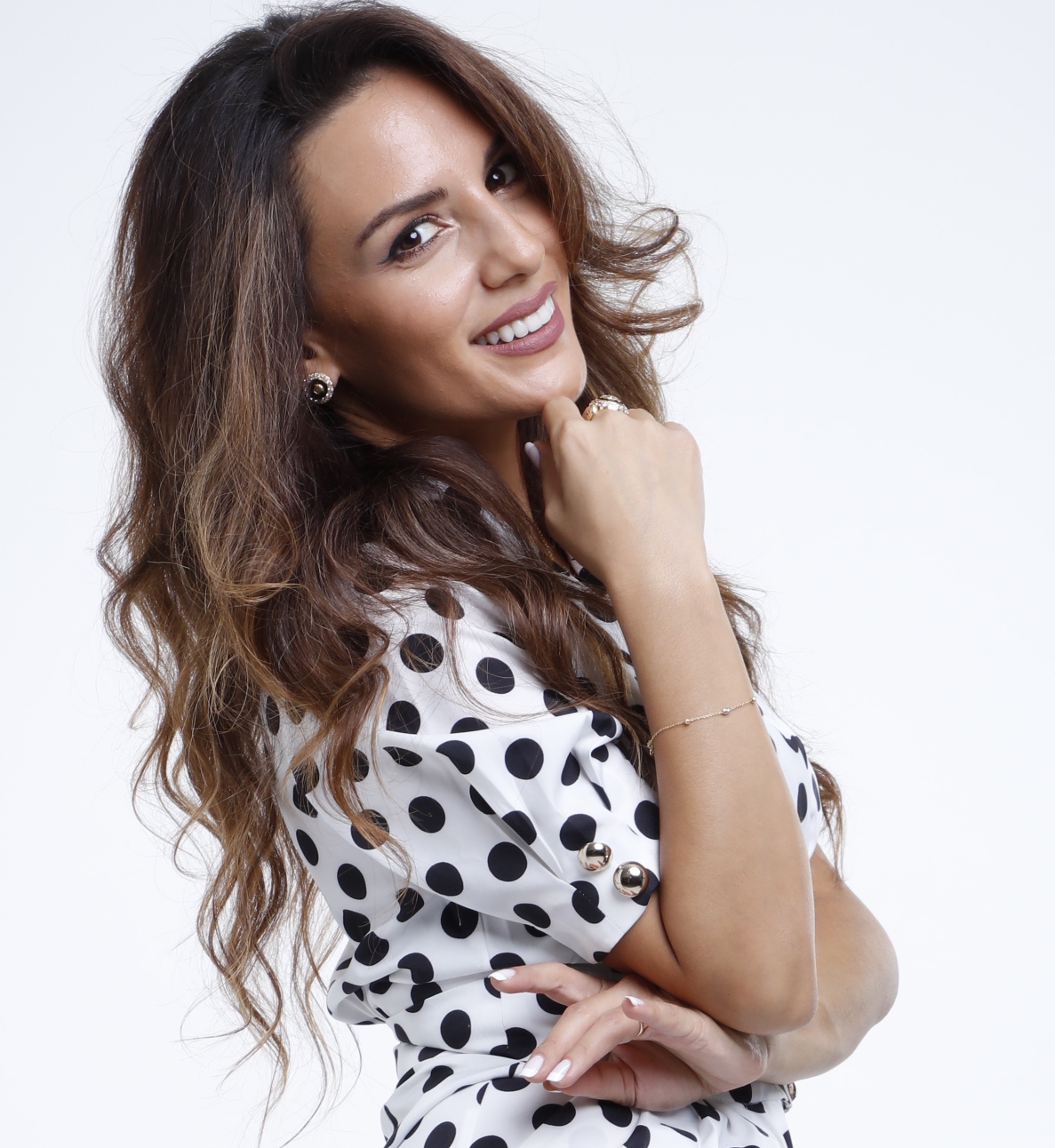A lot of emphasis is being made on anti-aging practices and it’s become the new buzz word in the world of women’s health and beauty. Aging is part of growing older and wiser, and the problem with anti-aging or “reversing aging” is precisely in the pursuit of perfection – which is not possible and leaves women always feeling like they’re not enough and lacking something.
That being said, it doesn’t mean you can’t take steps to age gracefully and maintain your health and beauty by taking care of your physical, mental and cognitive health.
The World Health Organization defines healthy aging as “the process of developing and maintaining the functional ability that enables well-being in older age.” The goal of healthy aging is not to live longer, but to enjoy life as much as possible in your later years.
When women approach menopause, their muscle mass, bone mass and collagen start to rapidly decline rapidly. They can experience any of the following bodily changes:
- Joint health: Up to 23% loss of cartilage
- Bone mineral density: Up to 10% decline
- Skin health: Up to 30% loss of structural proteins
- Muscle health: Up to 8% loss of muscle mass per decade
Research indicates that nutritional deficiencies can exacerbate these declines, but making the following nutritional and lifestyle changes can help reduce them:
1- Protein:
One study found that people with higher protein intake were more likely to maintain physical function over the span of 2 decades than those with lower protein intake. This positive association was especially evident in women.
Protein is necessary to maintain muscle mass and reduce age-related muscle loss and slowing of metabolism. The recommended daily intake is around 18g of protein per kg of body weight.
Many older adults don’t consume enough protein on a daily basis due to a lack of appetite. Whey protein is a complete, high-quality source of protein that is easily digestible. It can help maintain muscle mass and slow age-related muscle loss in older adults.
2- Nutrient-dense foods:
Our bodies rely on various nutrients to support the natural aging process, some of which include:
- Vitamin A: scientifically proven to support healthy aging. It is found in different animal products including beef and chicken liver, eggs, whole milk, yogurt, butter and cheese.
- Vitamin E: used to protect you from oxidative stress and support your immune system. The best food sources include nuts, seeds and fish.
- Polyphenols: primarily repair DNA damage through their antioxidant capacity. These include blueberries, cherries, strawberries, olives, tea, coffee, cinnamon and ginger.
- Probiotics: help reduce inflammation, balance hormones, increase antioxidants & support immune function. Foods like yogurt, kefir, sauerkraut and semi-hard cheeses are the best sources.
- Extra virgin olive oil: has strong anti-inflammatory properties that may protect against severe skin aging and chronic disease.
- Fatty fish (e.g., salmon): high in omega-3s, protein, selenium, and astaxanthin, which are all associated with healthier skin and balanced hormones.
- Bone broth: packed with collagen and important trace minerals that help minimize joint pain associated with aging while also improving skin elasticity.
3- Supplement wisely:
Adding some supplements into your routine can be an easy and effective way to keep your body feeling its best and compensate for hormonal changes and other declines in bodily functions.
This can involve reducing joint pain, preventing muscle loss, improving vision, smoothing skin, enhancing heart health, improving immune function and more. However, more is not better and supplements are not a replacement for diet and lifestyle changes.
Some of the best supplements include collagen, glucosamine, vitamin C, CoQ10 and omega-3 fatty acids (especially cod liver oil).
As always, consult with your doctor before starting supplementation, especially if you have any underlying health conditions or currently take any medications.
4- Strength training:
As you get older, your muscle tissues start to slowly break down in a process called sarcopenia, which is a natural part of the aging process. Strength training is the best antidote to physical and cognitive deterioration.
Muscle protects bones, reduces fat accumulation, helps lower the risk of diabetes and improves cardiac function. In addition, resistance training rejuvenates aging skin by reducing circulating inflammatory factors and enhancing collagen production.
Strength training also supports hormone health and enhances cognitive function and emotional well-being.
It’s time to get over any fears you might have around lifting weights and start training with an expert on building muscle mass through progressive overload.
5- Healthy sleep & stress management habits:
Both sleep quantity and sleep quality tend to decline with age, so maintaining healthy sleep habits become increasingly important as we age.
The term “Beauty Sleep” is more than an expression. While we sleep, our body, brain and skin regenerate and rejuvenate; blood flow increases to produce more collagen and growth hormones (hGH) which help reduce wrinkles, firm the skin and improve skin tone.
Your brain also needs sleep to regulate your body, restore energy, and repair damage. Without a healthy amount of sleep, you’re left vulnerable to health conditions including high blood pressure, weight gain, heart issues, diabetes, memory problems, and more!
Quality sleep is also essential for effective stress management and cognitive function.
You can improve sleep by exercising during the day, eating a well-balanced diet avoiding distractions and blue light at night, keeping your room dark and including relaxing bedtime practices like taking warm baths, using essential oils, listening to calming music and practicing some breathing exercises or relaxing yoga poses like “legs up the wall”.
6- Skincare products:
Spf and retinoids are your besties!
To protect against wrinkles, age spots, and environmental toxins use sunscreen during peak hours especially when the UV index is >5. Also make sure you seek shade, wear protective clothing, a hat and sunglasses if you’re out in the sun in the middle of the day.
Retinoids are vitamin A derivatives. They have been shown to reduce the appearance of fine lines and wrinkles, smooth the skin, boost collagen & hyaluronic acid production, repair sun damage and increase cell turnover, making way for new cell growth and quicker repair.
The rule of thumb with retinol is to start with a low retinoid concentration and increase the strength over time. Also make sure you gradually introduce it into your routine by starting with once a week and slowly building it up to 3 times or more if tolerated. On nights when not using retinoids it’s important to use a rich moisturizer to help maintain your skin barrier and avoid dryness and irritation. Retinoids are only used at night because of their strong effects and UV sensitivity, so make sure you wear sunscreen during the day to reduce your risk of side effects.
Make sure you check with your dermatologist before starting retinoids especially if you have specific skin issues. If you’re pregnant it’s best to wait after breastfeeding to start retinoids.
Author: Berna El Khoury, Health Coach
For more articles by Berna, click here.









